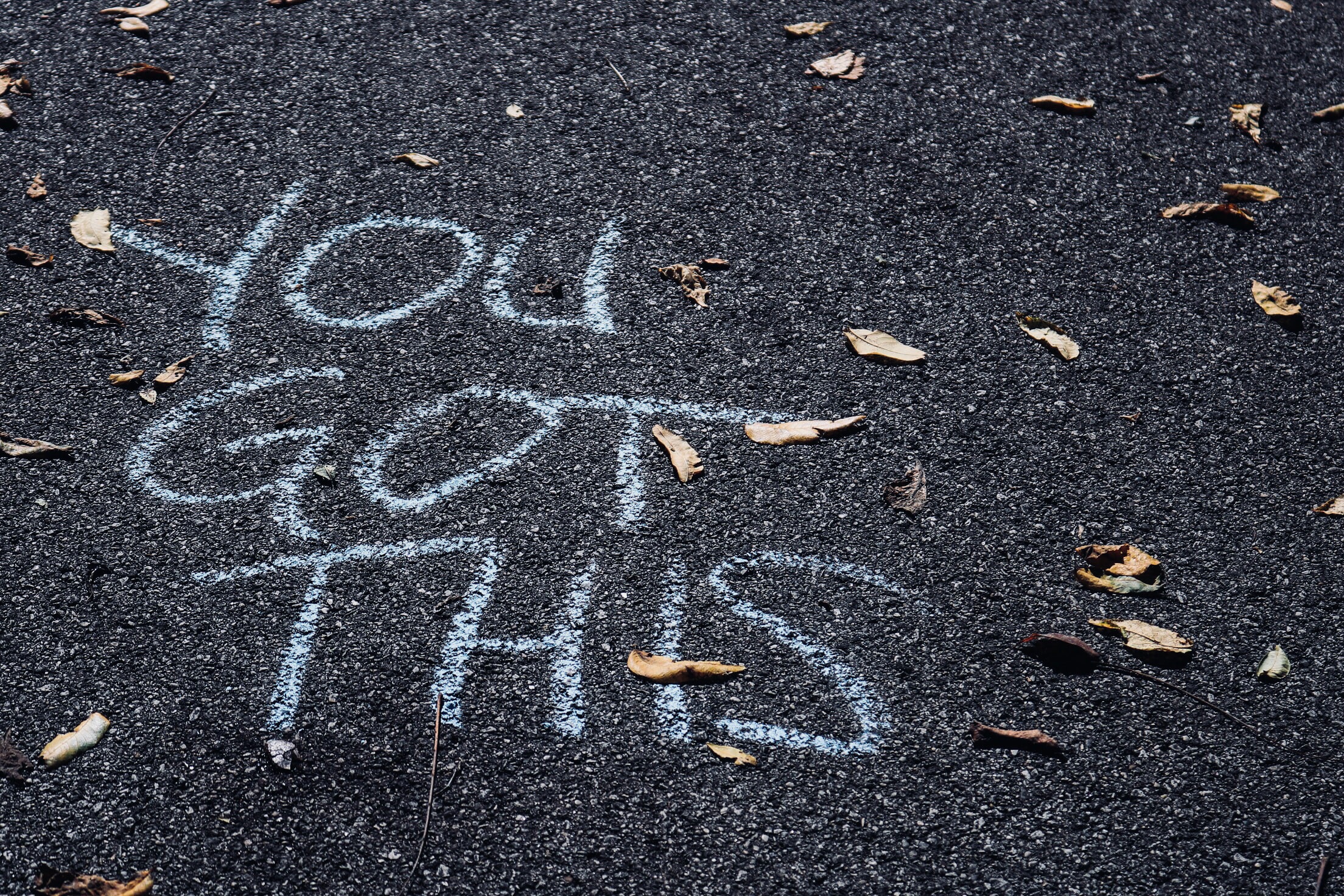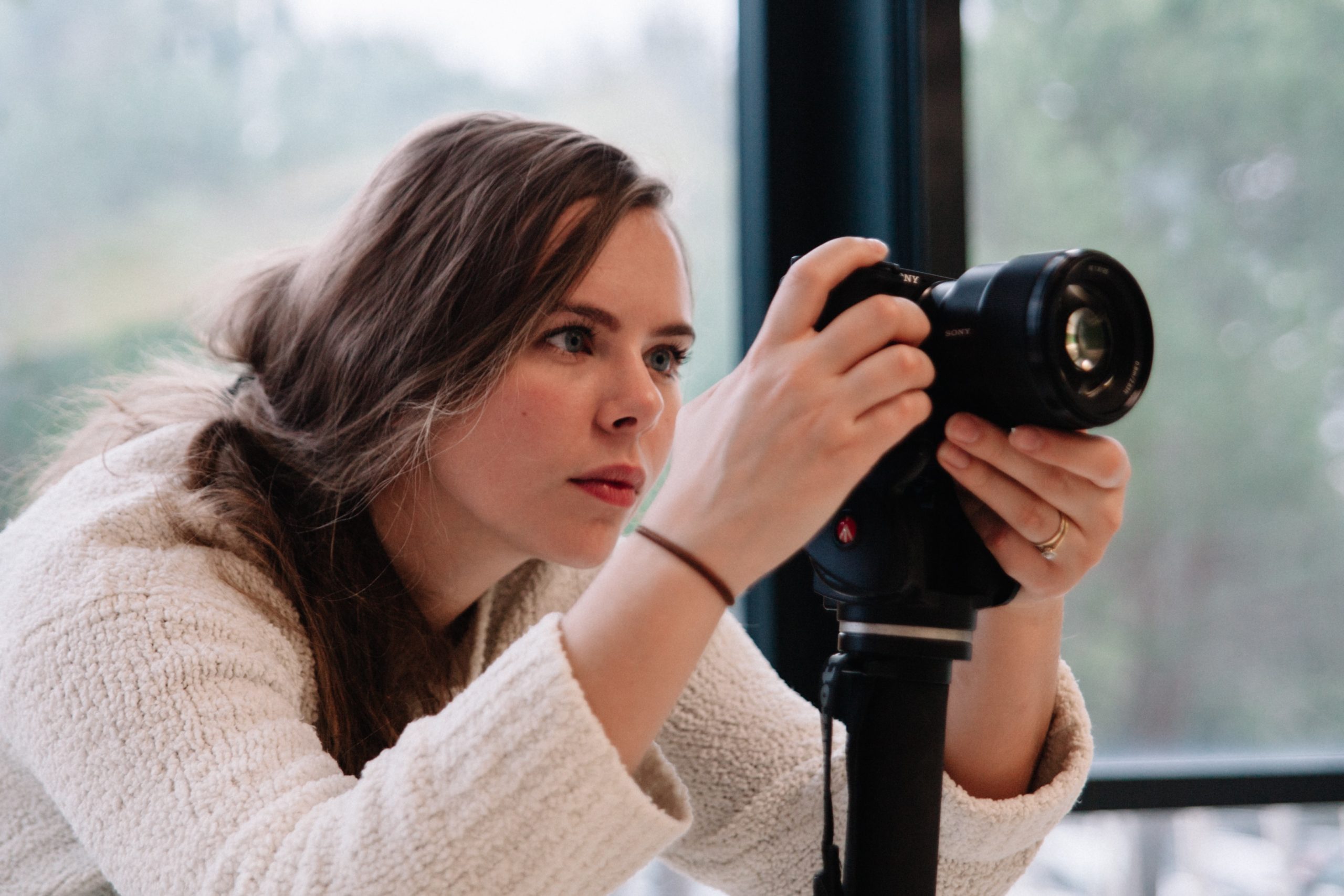This month’s first guest blog is from Margie Warrell. Margie’s latest book is You’ve Got This: The Life-changing Power of Trusting Yourself.
Her new book couldn’t be more timely, as amplifying the inner voice of self-encouragement is supremely important during these unusually tense times. Just after its launch, Margie had to lean on the very tools she had written about when her husband contracted COVID-19. That’s not the way most authors hope to authenticate a book!
I highly recommend buying copies of her book so you can give them to everyone who could use some encouragement right now! — Bill T.
The good news is that courage—our ability to discern smart risks from foolish ones and take action amid our fears—is a skill. — Margie Warrell
This pandemic has disrupted all our lives, jolting many from their comfort zone. As we look toward a future mired with uncertainty, the greatest challenge we face is reigning in the fear that can constrict our response to it.
Enter courage.
Of course, courage takes many forms. While it’s often associated with heroism on the battlefield or the daring pursuit of bold peaks, more often it’s the everyday choices we make to embrace discomfort, defy our doubts, and trust in ourselves more deeply.

So whatever problems you’re facing right now, take a moment to consider whether you’re operating from fear instead and how that may be working against you—putting you at risk of becoming less secure, not more so.
This isn’t about denying the risks or downplaying threats. Rather, it’s about not letting fear sit in the driver’s seat of decision making, keeping you from backing yourself more, doubting yourself less, and taking the very actions that will make you more secure long after this crisis is over.
The good news is that courage—our ability to discern smart risks from foolish ones and take action amid our fears—is a skill. As such, it can be learned and strengthened with practice.
Here are four ways to help you do just that.
1. Ground yourself in “self-certainty”
During storms, oaks take deeper roots. So in the midst of this “global storm,” we must look within ourselves for the certainty that eludes us elsewhere.
A study at Stanford University validated “attitude certainty” as a form of psychological safety net that helps us keep fear in check under pressure. So invest time to get crystal clear about the core values you want to guide your decisions (e.g. courage, compassion, connection, or community) and the attitude you want to embody. Doing so will help you navigate the unchartered terrain ahead with more self-certainty, less self-doubt.
Let’s face it, if we could just flick a switch and be a poster child for confidence and courage, there’d be far fewer stressed out, overanxious, people in the world.
2. Embrace your humanity
Let’s face it, if we could just flick a switch and be a poster child for confidence and courage, there’d be far fewer stressed out, overanxious, people in the world. The truth is that you’re human. In turbulent times like this, it’s easy to get “triggered” and find yourself feeling anxious, overwhelmed, sad, and angry. We, humans, emote before we even reason. That means we’ll often fall short of being the person we aspire to be. Which is why it is so important to embrace your fallibility and own your fears. If you don’t, they’ll own you.
The compassion that doesn’t include ourselves is incomplete. So try being a little kinder to yourself. This isn’t an excuse for poor behavior. Rather, it’s a call to get off your own back and give yourself permission to feel your emotions all the way through. To quote Robert Frost: “The only way out is through.”

Even just 90 seconds of “feeling your feelings” can loosen their hold over you, short circuit the instinctive “fight/flight/freeze” fear response and activate the more evolved, higher functioning part of your brain. In turn, this enables you to harness your full cognitive horsepower for the challenges at hand.
Successful people do things others don’t.
Naming what you are feeling also helps. In fact, a study by UCLA found that simply labeling your emotions can avoid descending into a downward spiral of “What if?”, fear-casting anxiety.
So practice self-compassion. You’re not perfect. You never will be. But most of all, you’re not supposed to be. As I wrote in my new book, You’ve Got This! The Life-Changing Power of Trusting Yourself, it’s through embracing your vulnerability that you can access your greatest courage.
3. Prioritize what empowers
Successful people do things others don’t. They prioritize practices that help them do everything else better. While your regular routines and rituals are always important, in the midst of crisis—when so much can pull you off your A-game—they become “mission-critical.”
In March, my husband Andrew was hospitalized for Covid-19 (from which he has now fully recovered). Ironically enough, his hospitalization was the same week my new book You’ve Got This! was released. Needless to say, it invited me to a walk my own talk in trusting in myself and not in my doubts. And that I did. In fact, I tripled down on my advice to “prioritize” what empowers—physically, mentally, emotionally, and spiritually.
I’m happy to say that it paid off as my daily exercise (albeit confined to indoors), journaling, and meditations kept me “on purpose” in my work, calm with our four children, and optimistic for our future. Doubling down on those activities that help you bring your bravest self to your challenges will expand your bandwidth to thrive under pressure; to harness the best in yourself and in those around you. And when you do get thrown off your A-game (which is inevitable), you’ll recover faster. If you’re unsure where to start you may want to read this Forbes column on building resilience.

4. Raise your sights and trust your self
This crisis will pass. When it does, some will be positioned to prosper in whatever brave new world emerges ahead. So while it’s natural to focus on mitigating immediate risks and solving the most pressing problems, don’t lose sight of the horizon or neglect the less pressing, but no less important, opportunities just the other side of this pandemic.
Focusing solely on the negative aspects of any situation reduces our peripheral vision. Literally. Likewise, if all you’re doing is focusing on all the doors that have closed, you’ll be unable to see, much less seize, new ones that are opening or waiting to be opened.
Raising your sights to the post-crisis horizon will widen your lens and unlock more creative and resourceful thinking. It will embolden you to rethink outdated assumptions, reimagine new possibilities and come up with smarter ways of adding value for stakeholders. Ways that transcend paradigms of “how things are done.” In times like this, those four words are lethal.
What you focus on expands. So focus on creating a future that inspires you rather than dwelling on one that scares you.
Each time you act in the presence of your fear, you dilute its power and amplify your own.
As I wrote in You’ve Got This!, when we dare to trust that we have everything required to meet whatever each moment holds of us, it unleashes the potential to do more, contributes more, and become more of the person we have it within us to be.
What would you do today if you dared to trust that you have everything required to lead the change you want to see—in yourself, your family, your team, your organization and the world at large?
Speak from that place. Live from that place. Lead from that place.
Each time you act in the presence of your fear, you dilute its power and amplify your own.
You’ve got this!
Margie Warrell is an international speaker on brave leadership. Her latest book is You’ve Got This! The Life-Changing Power of Trusting Yourself (Wiley.)



